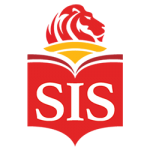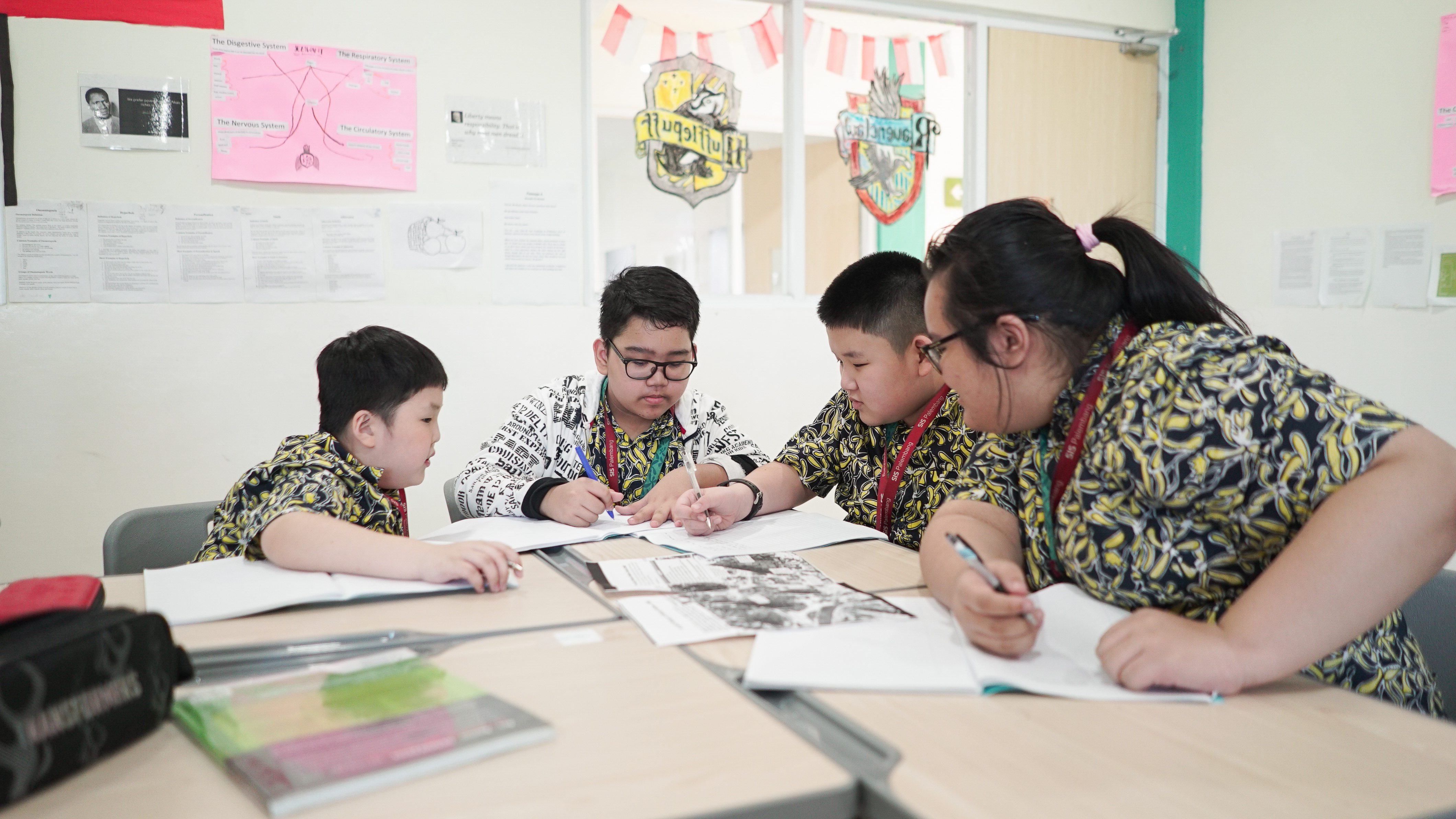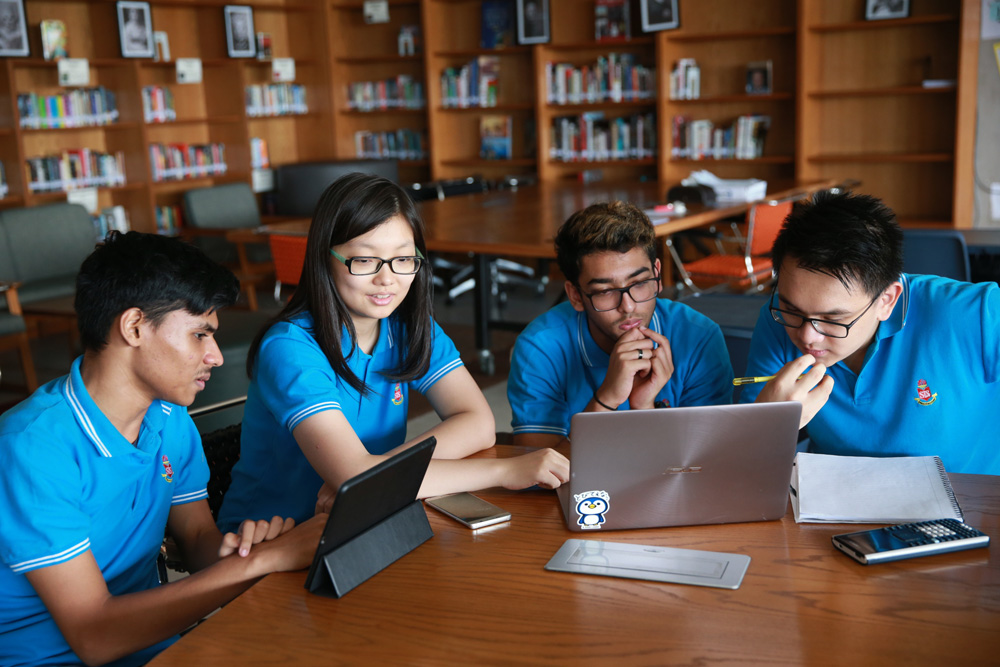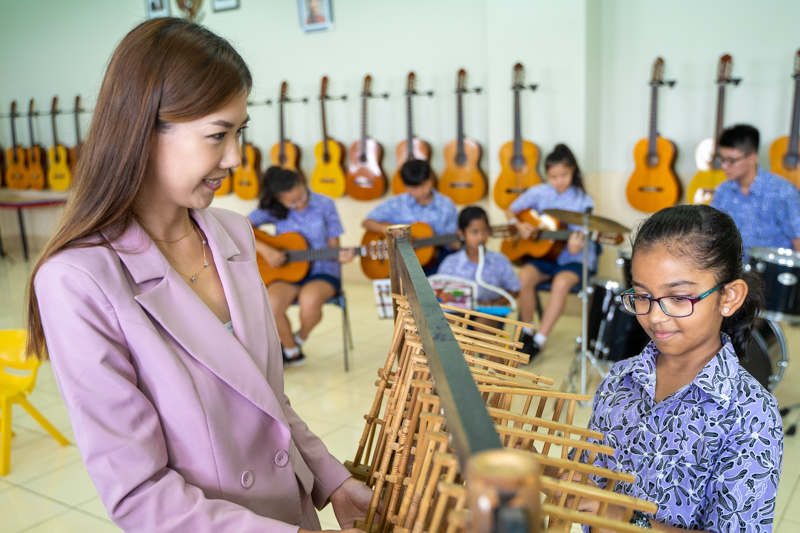Innovation and Excellence: Exploring the Significance of the Singapore Curriculum
June 22, 2023Written by ASIS Education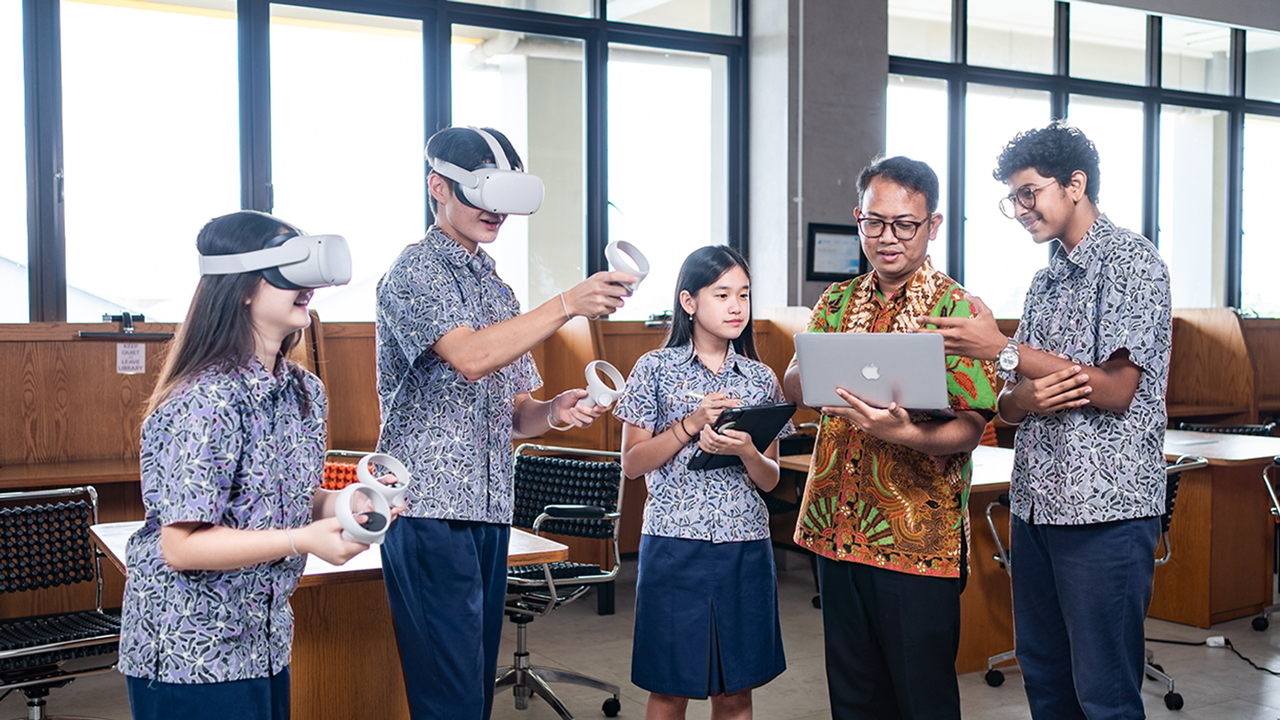
Innovation and Excellence: Exploring the Significance of the Singapore Curriculum
The Singapore curriculum is widely recognized for its emphasis on innovation and excellence in education. The significance of the Singapore curriculum lies in its ability to cultivate critical thinking, creativity, and problem-solving skills among students, preparing them for the demands of the 21st century. The curriculum encourages teachers to adopt creative teaching strategies and engage students in active learning experiences. It promotes an inquiry-based approach where students are encouraged to ask questions, explore multiple solutions, and think critically. This fosters a spirit of innovation and entrepreneurship among students, equipping them with the skills needed to adapt to an ever-changing world.
The main feature of the Singapore curriculum is its strong focus on core subjects such as mathematics and science. It provides a well-structured and rigorous framework that builds a solid foundation in these subjects from an early age. The curriculum emphasises problem-solving and logical reasoning skills, ensuring that students develop a deep understanding of the underlying concepts.
Another notable aspect of the Singapore curriculum is its emphasis on the holistic development of students. While academic excellence is important, the curriculum also recognizes the significance of character development, and values education, and arts. There is a strong emphasis on instilling moral values, social awareness, and a sense of community among students. This well-rounded approach to education ensures that students not only excel academically but also develop into well-rounded individuals with a strong sense of ethics and civic responsibility.
Educational programs in Singapore Curriculum:
Singapore curriculum is divided into three levels: primary school, secondary school, and Tertiary education (Junior college/Centralized institute/Universities)
Primary school
The primary school curriculum in Singapore is designed to help students develop a strong foundation in the core subjects of English, mathematics, science, and mother tongue language. Students also learn about social studies, physical education, and arts and crafts.
In addition to the core subjects, students in primary school also participate in a variety of enrichment programs, such as coding, robotics, and music. These programs are designed to help students develop their creativity and problem-solving skills.
Secondary school
The secondary school curriculum in Singapore is more challenging than the primary school curriculum. Students continue to study the core subjects of English, mathematics, science, and mother tongue language. They also have the opportunity to choose from a variety of elective subjects, such as economics, history, and geography.
In addition to academic subjects, students in secondary school also participate in a variety of co-curricular activities (CCAs), such as sports, music, and drama. CCAs are an important part of the Singapore education system, as they help students develop their leadership, teamwork, and communication skills.
Junior college
After secondary school, students can choose to continue their education at a junior college, polytechnic, or university. Junior colleges offer a two-year pre-university program that prepares students for university. Polytechnics offer a three-year diploma program that prepares students for a career in a particular industry. Universities offer a four-year degree program that prepares students for a professional career.
Key aspects of Singapore education:
Action programs: Singapore education is known for its action-oriented approach. The curriculum emphasizes the application of knowledge and skills in real-world contexts. Students are encouraged to actively participate in various learning activities, such as group projects, field trips, and hands-on experiments. This approach fosters practical understanding, problem-solving abilities, and critical thinking skills.
Applied education: Students are not only expected to grasp theoretical concepts but also to apply them in practical situations. This approach ensures that students understand the relevance of what they learn and are better equipped to apply their knowledge beyond the classroom.
Equality: The Singapore education system believes that all children have the potential for success and aims to develop the potential of every student. There is a strong focus on individualized learning, catering to the diverse learning needs and abilities of students. The curriculum provides multiple pathways for students to excel, be it through academic tracks, vocational education, or specialized programs.
Parents and community involvement: The involvement of parents and the community is highly valued. Regular communication between teachers and parents is encouraged, and parents are actively engaged in their children's education through parent-teacher associations, workshops, and school events.
21st-century skills: The Singapore curriculum emphasizes the development of 21st-century skills. Students are taught to think critically about information, to solve problems creatively, and to be innovative.
Independent learning: Students are encouraged to be independent learners and take ownership of their learning. They are given opportunities to work independently and to collaborate with others.
Lifelong learning: The Singapore curriculum prepares students for lifelong learning. Students are taught how to learn independently and how to continue learning throughout their lives.
Singapore Curriculum and International General Certificate of Secondary Education (IGCSE) a view:
The Singapore and IGCSE curriculums are both internationally recognized qualifications that can be used for further education or employment. However, there are some specific differences between the two.
- Structure and Focus:
Singapore Curriculum
The Singapore curriculum is a national curriculum developed and implemented by the Ministry of Education (MOE) in Singapore. The curriculum is designed to prepare students for the challenges of the 21st century, and it emphasizes critical thinking, problem-solving, and creativity. Students are also encouraged to be independent learners and take ownership of their learning.
IGCSE
The IGCSE curriculum is an international curriculum that is developed and administered by Cambridge International Examinations (CIE). It provides a broad and balanced education across a range of subjects. The IGCSE curriculum offers a flexible choice of subjects, allowing students to specialize in areas of their interest.
- Assessment:
Singapore Curriculum:
In the Singapore curriculum, assessment plays a significant role. Regular assessments, including national examinations like the Primary School Leaving Examination (PSLE) and the General Certificate of Education Ordinary Level (GCE O-Level), are conducted to evaluate student performance. The assessments focus on testing students' understanding, application, and problem-solving abilities.
IGCSE:
The IGCSE employs a combination of internal and external assessments. Internal assessments are conducted by schools and contribute to the overall grades. External assessments, including written examinations, are set and marked by Cambridge examiners. The IGCSE assessments evaluate students' knowledge, understanding, and skills in specific subjects.
- Global Recognition:
Singapore Curriculum:
The Singapore curriculum has gained global recognition for its quality and effectiveness. This curriculum is often regarded as a benchmark for excellence in education.
IGCSE:
The IGCSE is widely recognized and accepted by universities and employers worldwide.
- Flexibility and Customization:
Singapore Curriculum:
The Singapore curriculum follows a structured and standardized approach with a specific set of subjects and learning outcomes. While there are some elective options available, the curriculum provides a more predetermined path.
IGCSE:
The IGCSE offers a greater degree of flexibility in subject choices. Students can select from a wide range of subjects based on their interests and future aspirations. This customization allows students to tailor their education to their strengths and goals.
- Grading:
The Singapore curriculum uses a grading system that ranges from A* to F. The IGCSE curriculum uses a grading system that ranges from A* to G.
.jpg)
.jpg)
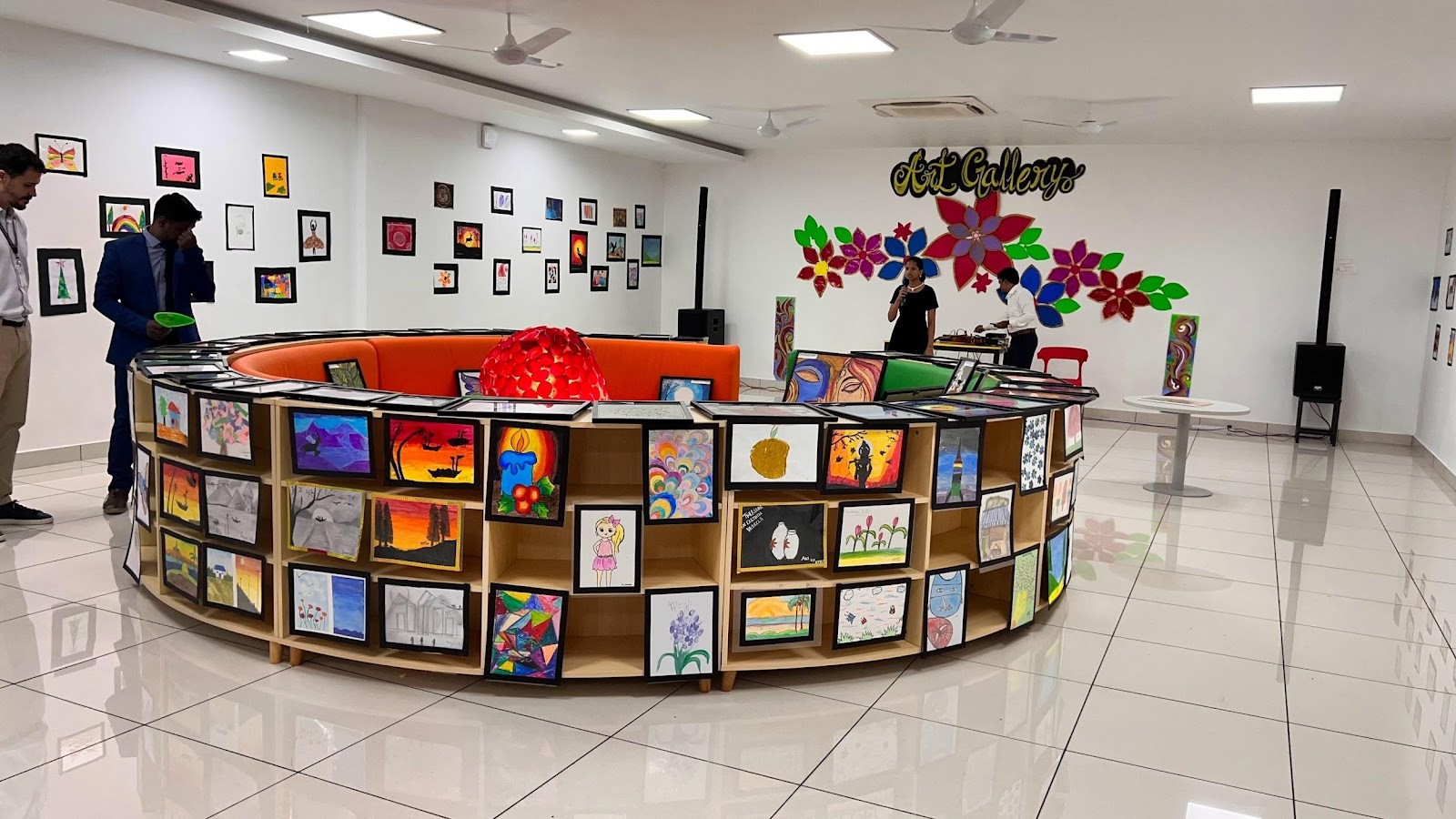
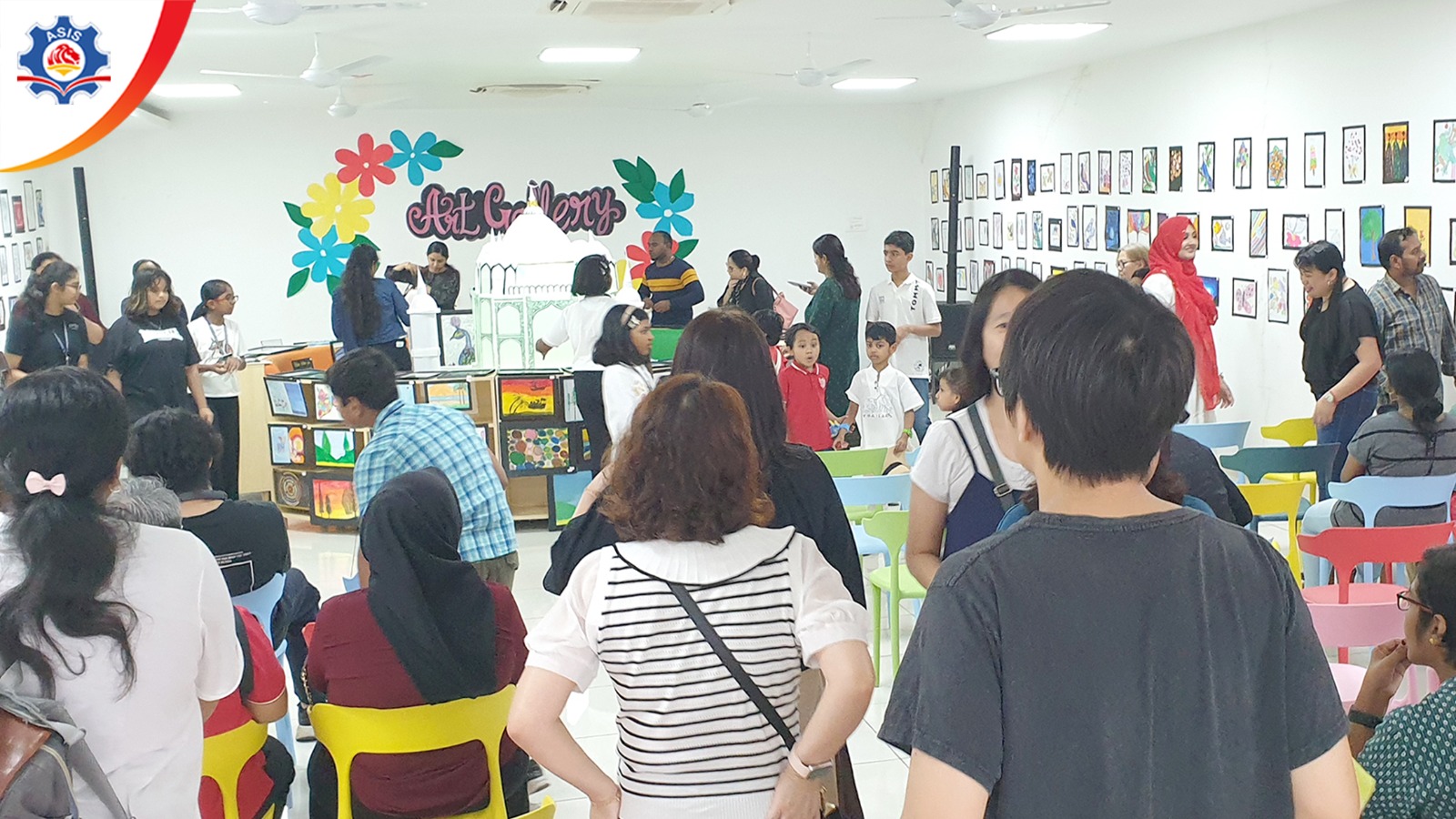
.jpg)
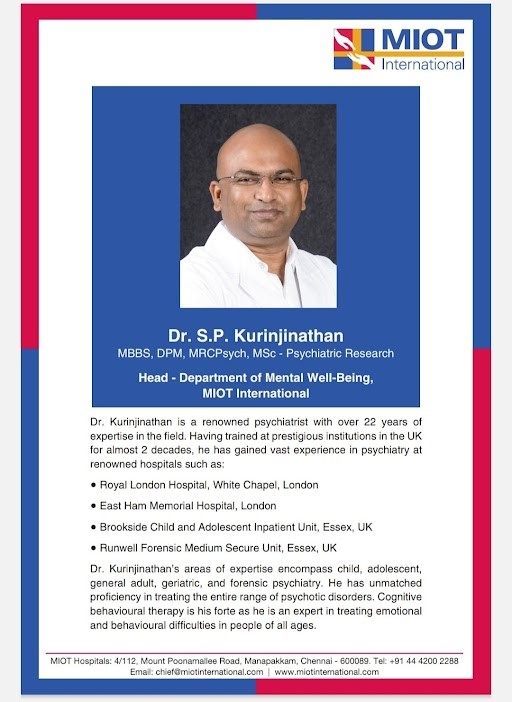
.jpg)
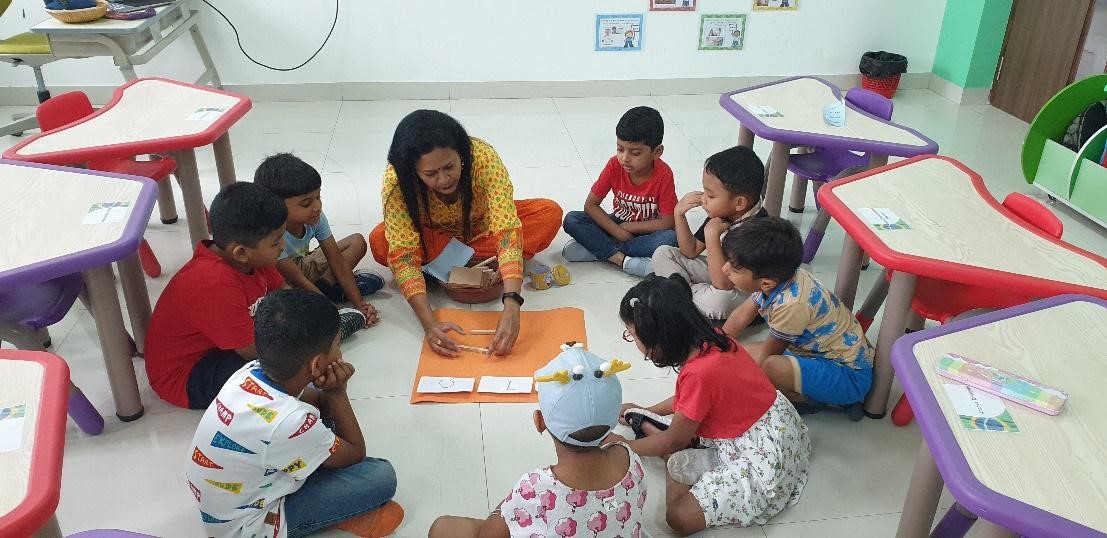
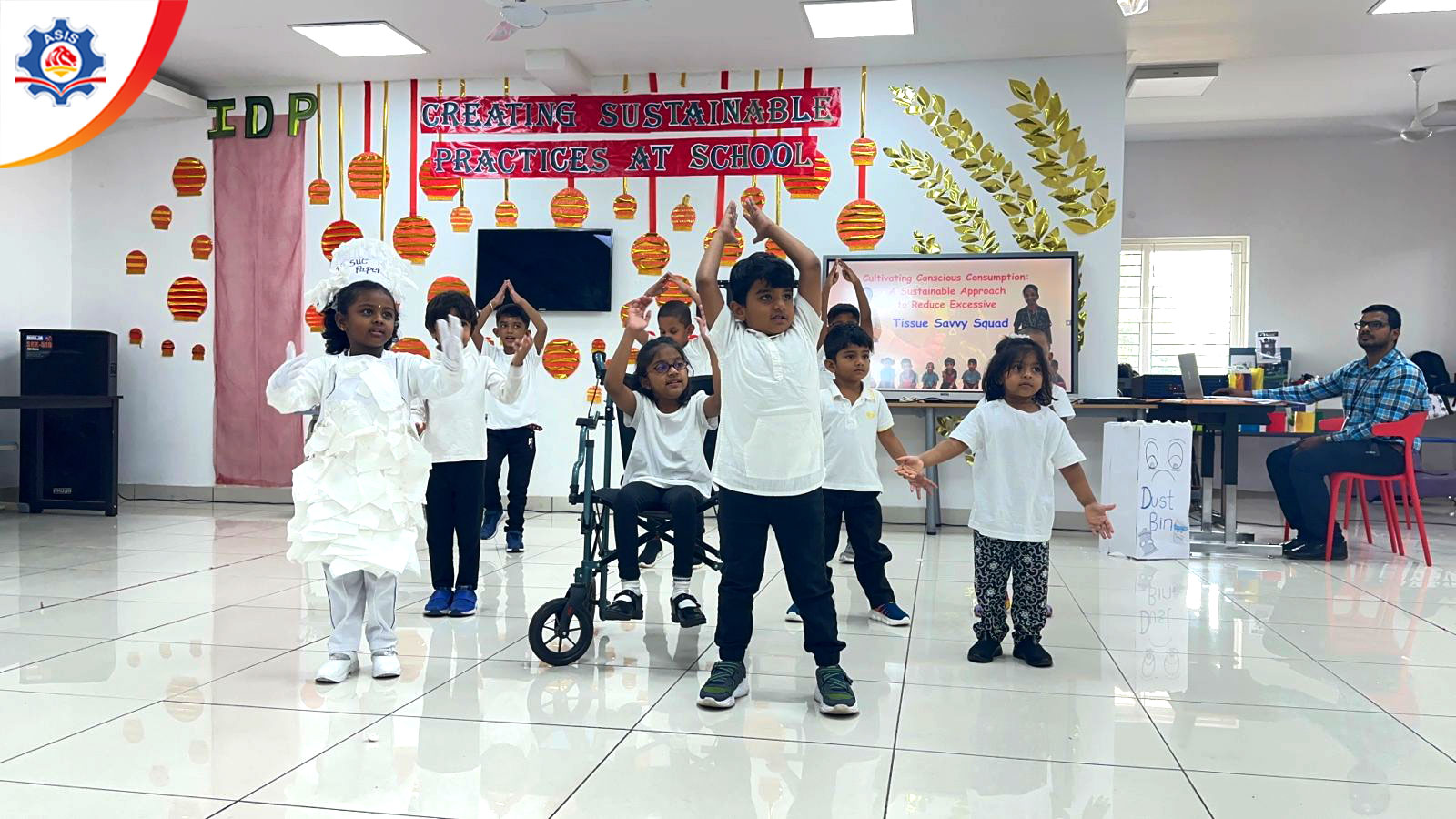
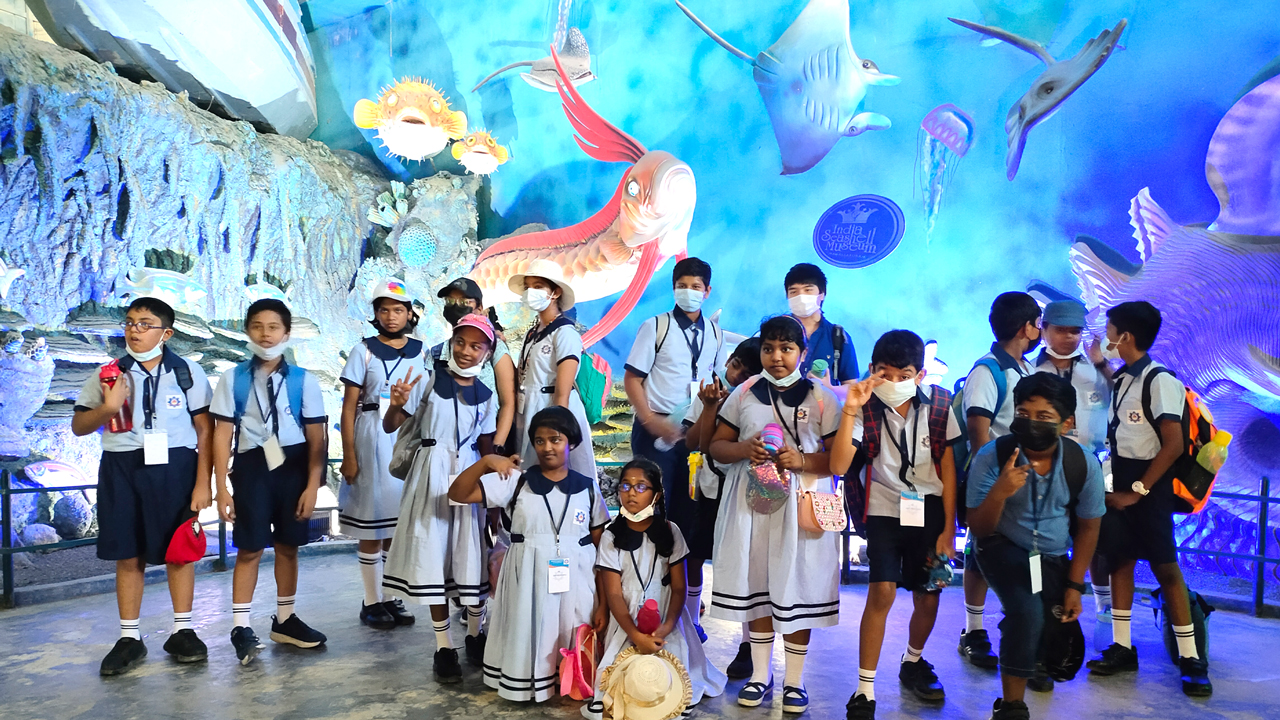
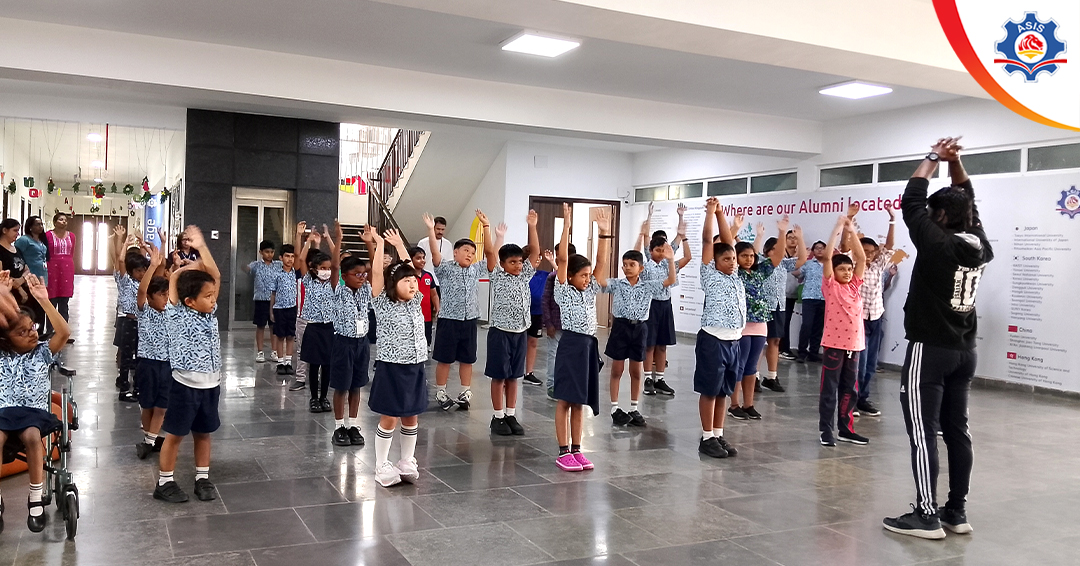
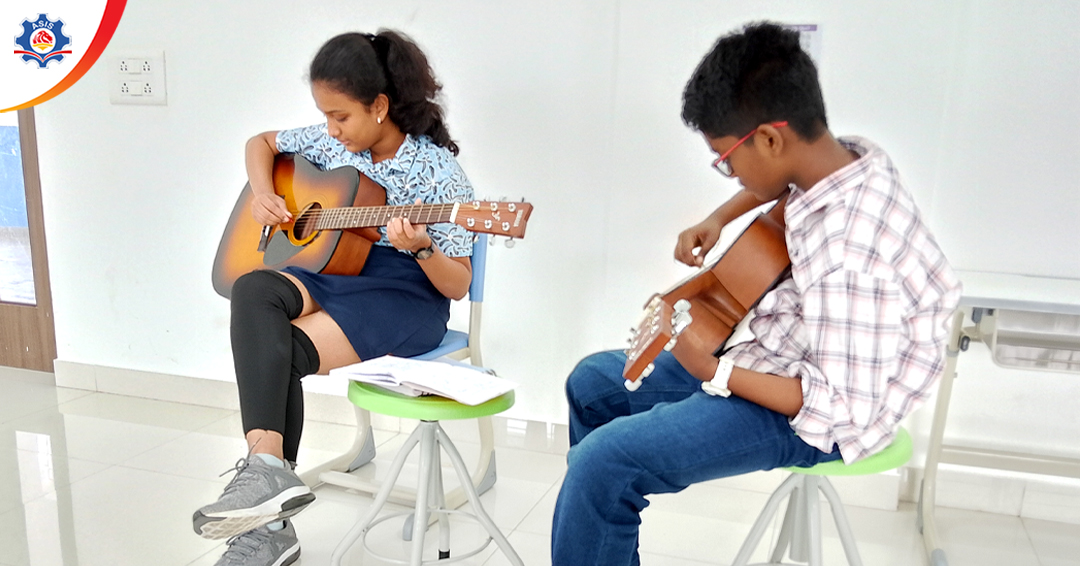
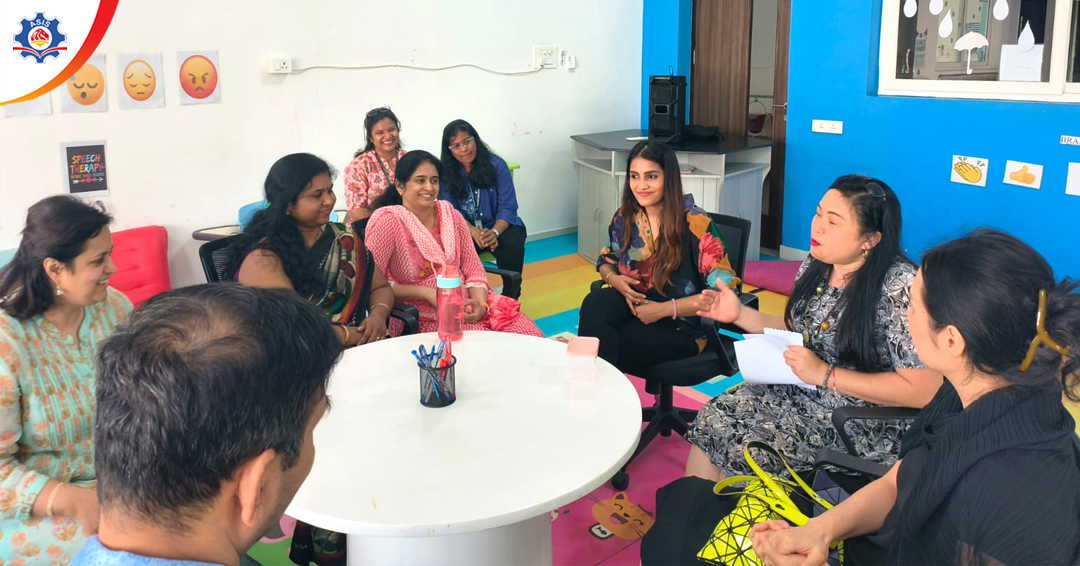
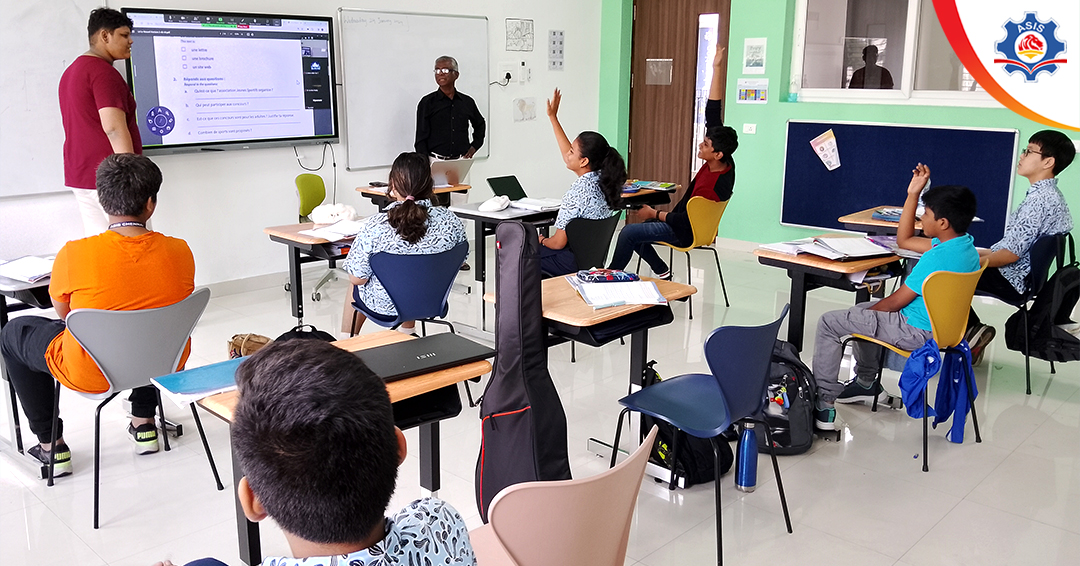


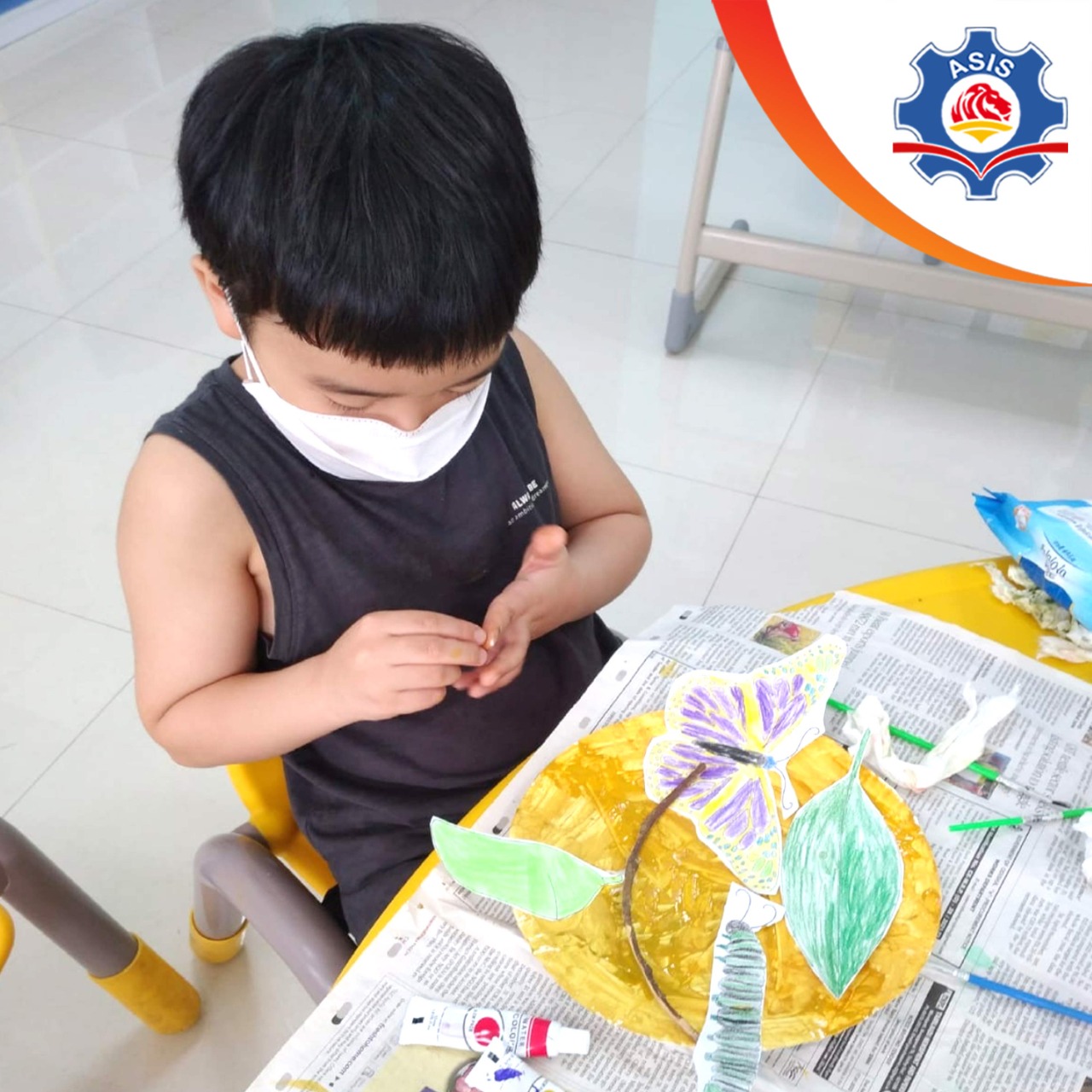
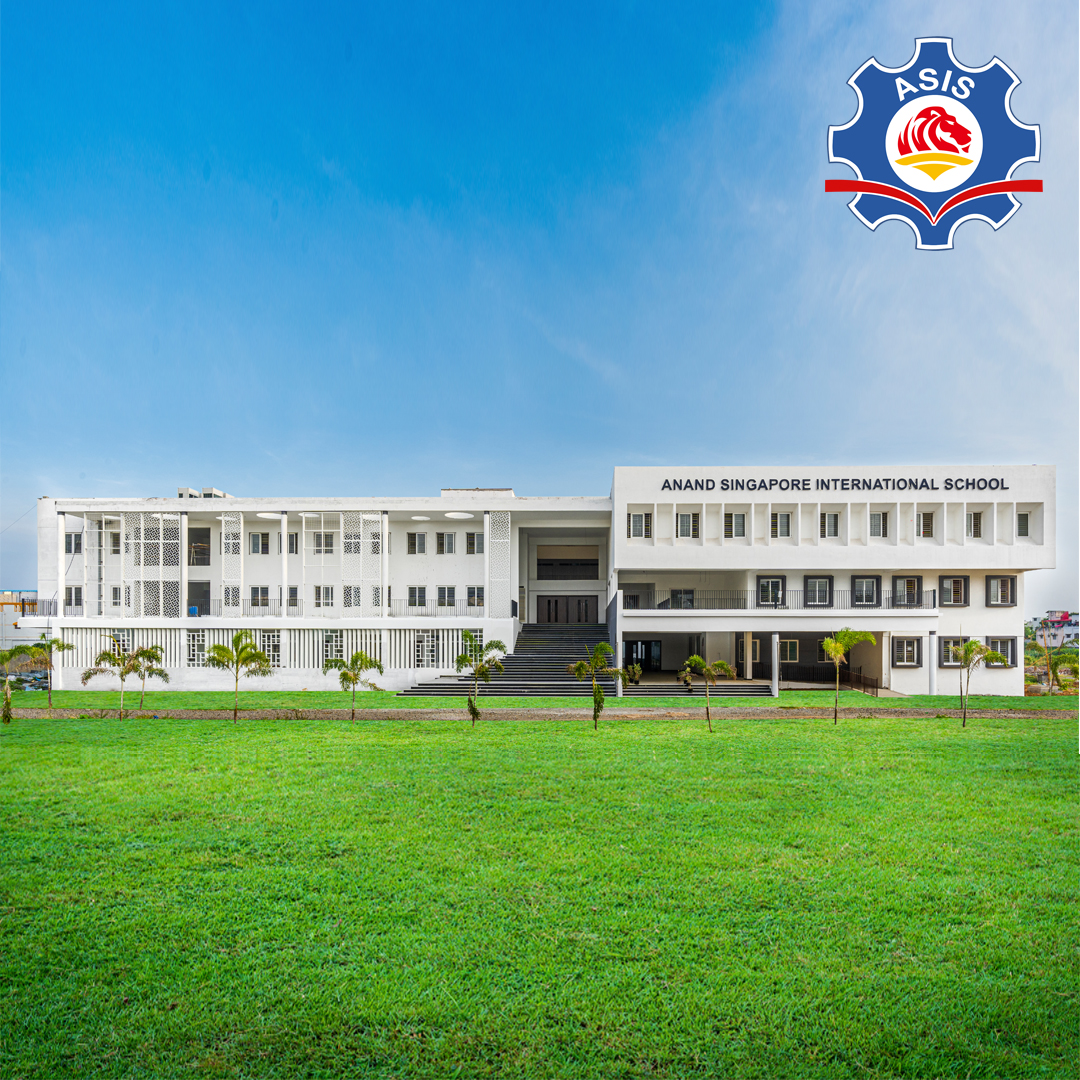
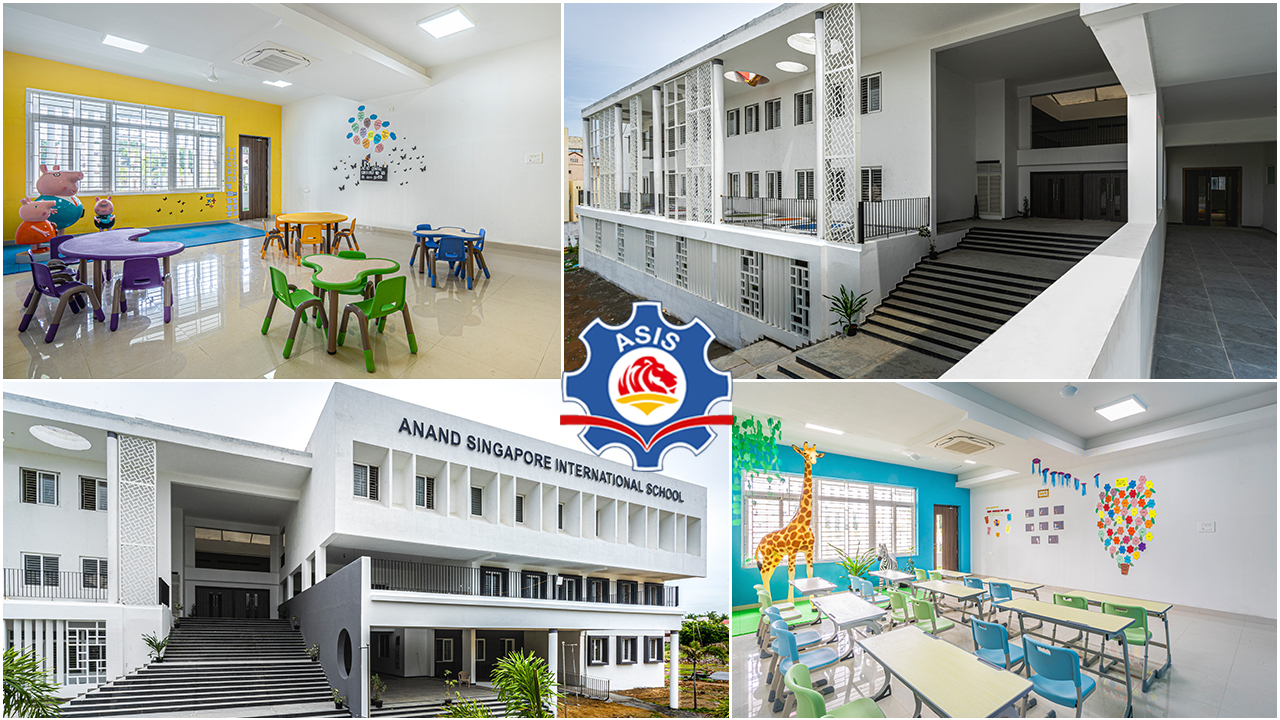
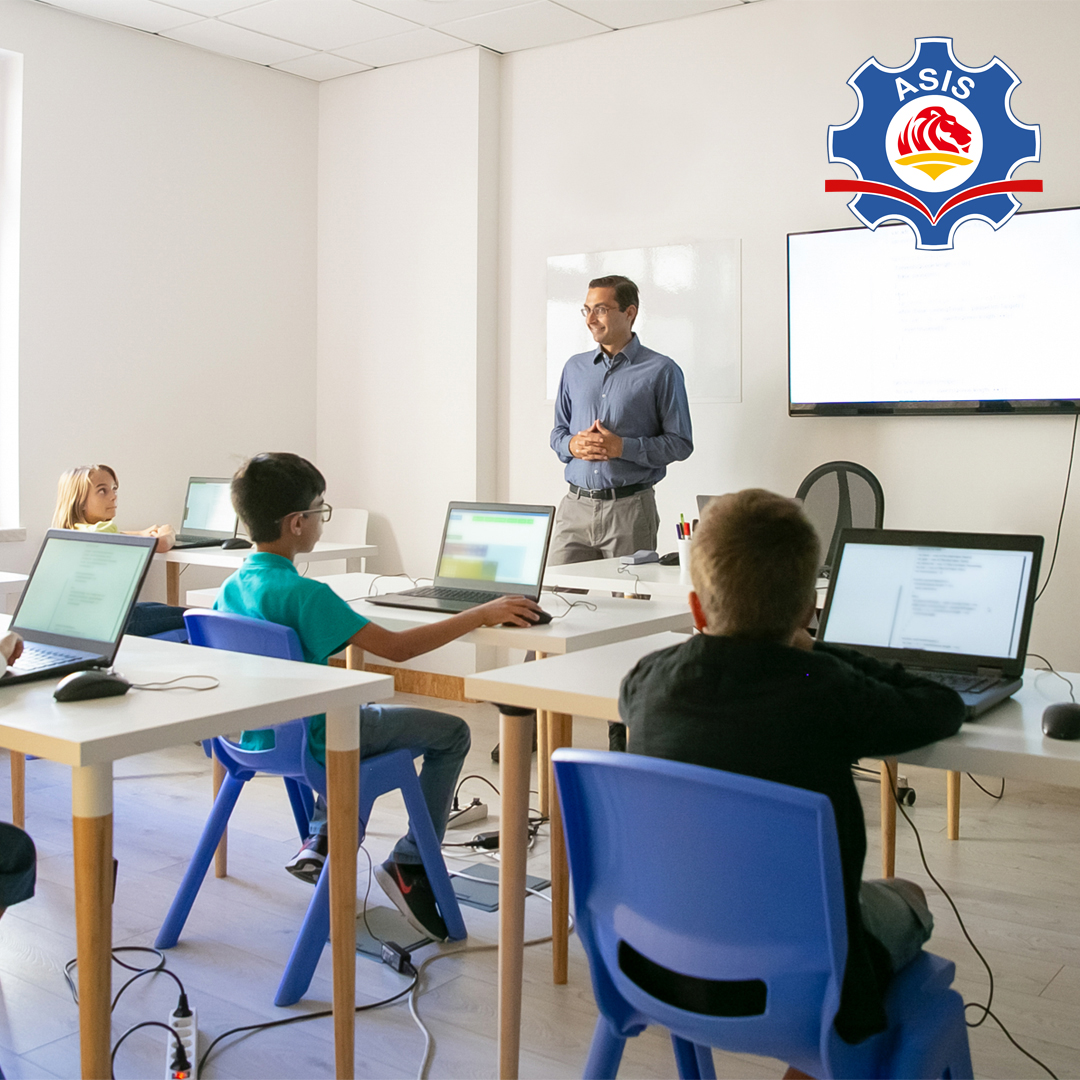
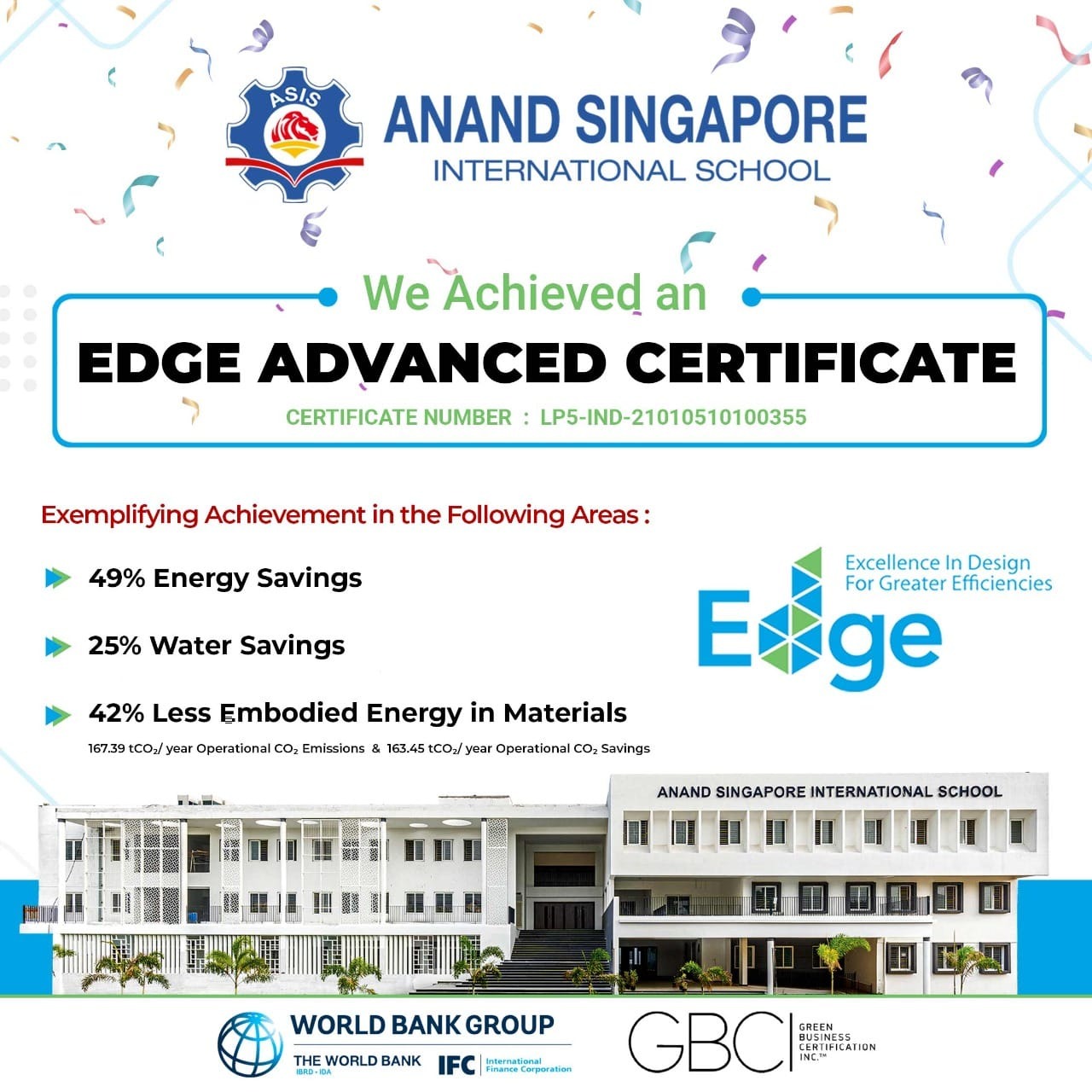
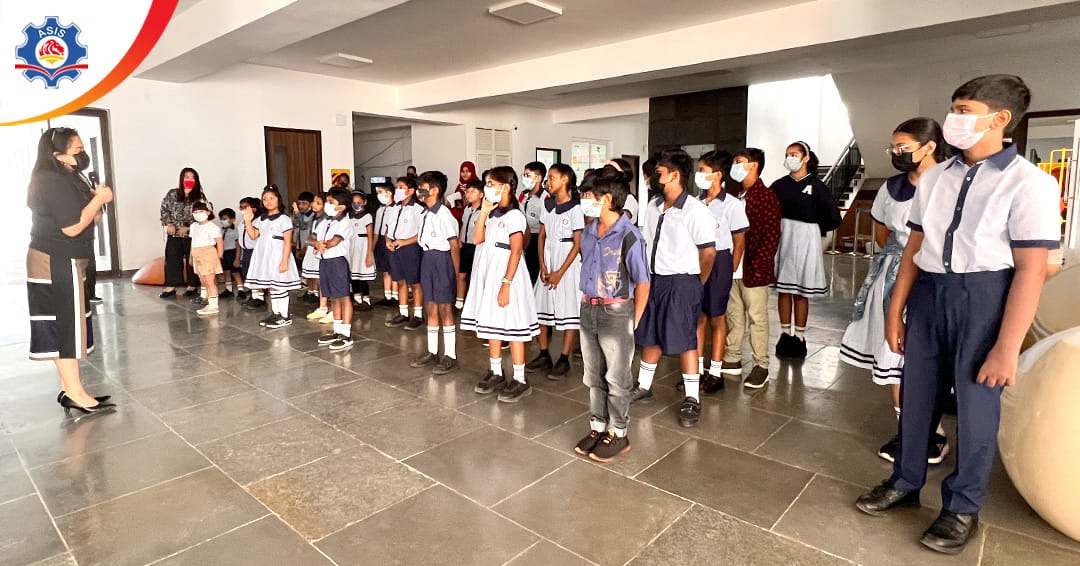
.jpg)

.jpg)
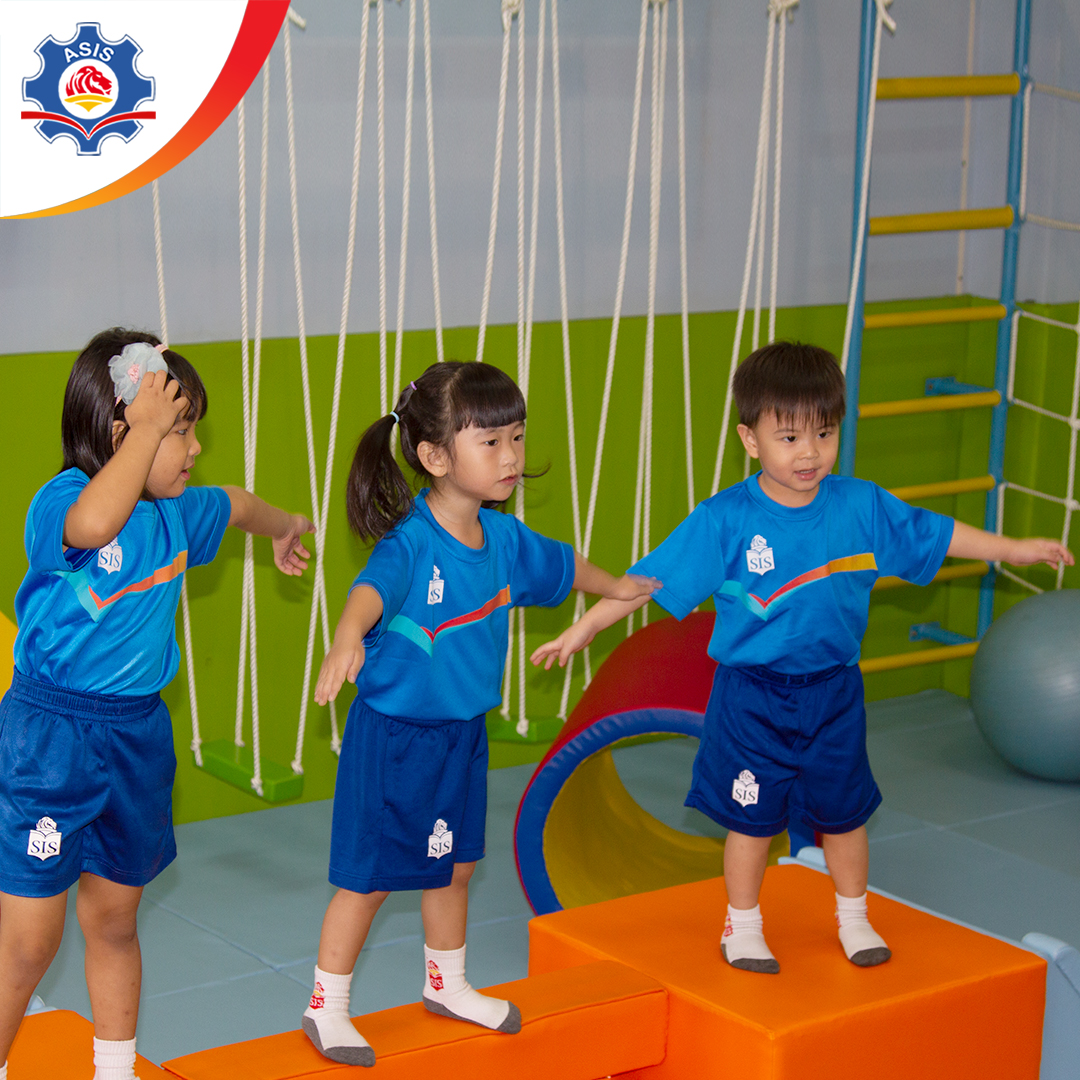
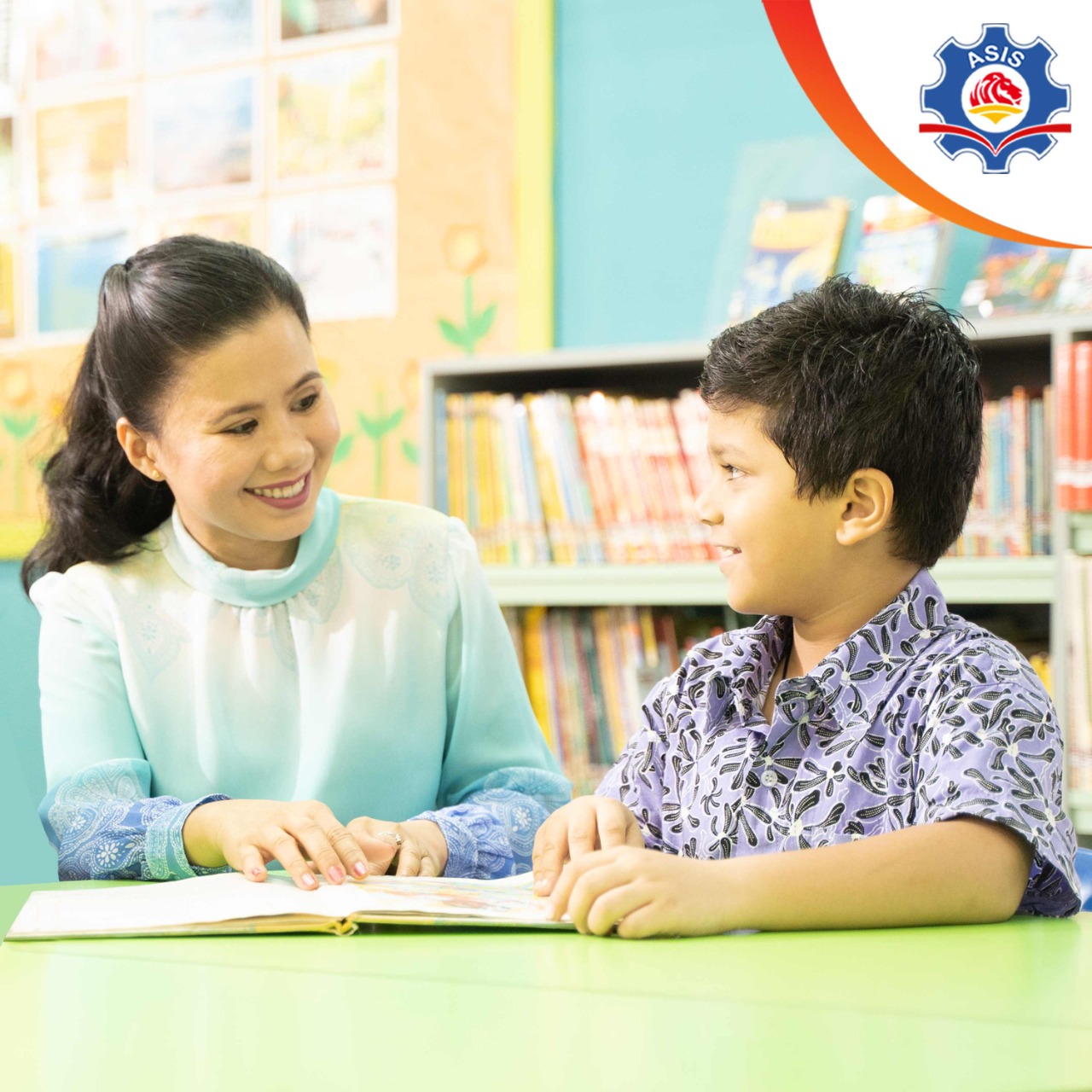
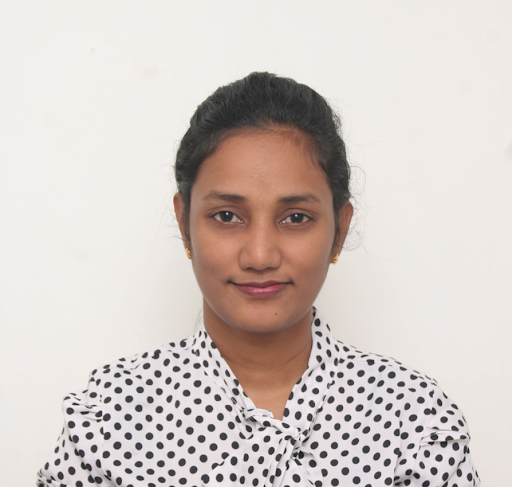
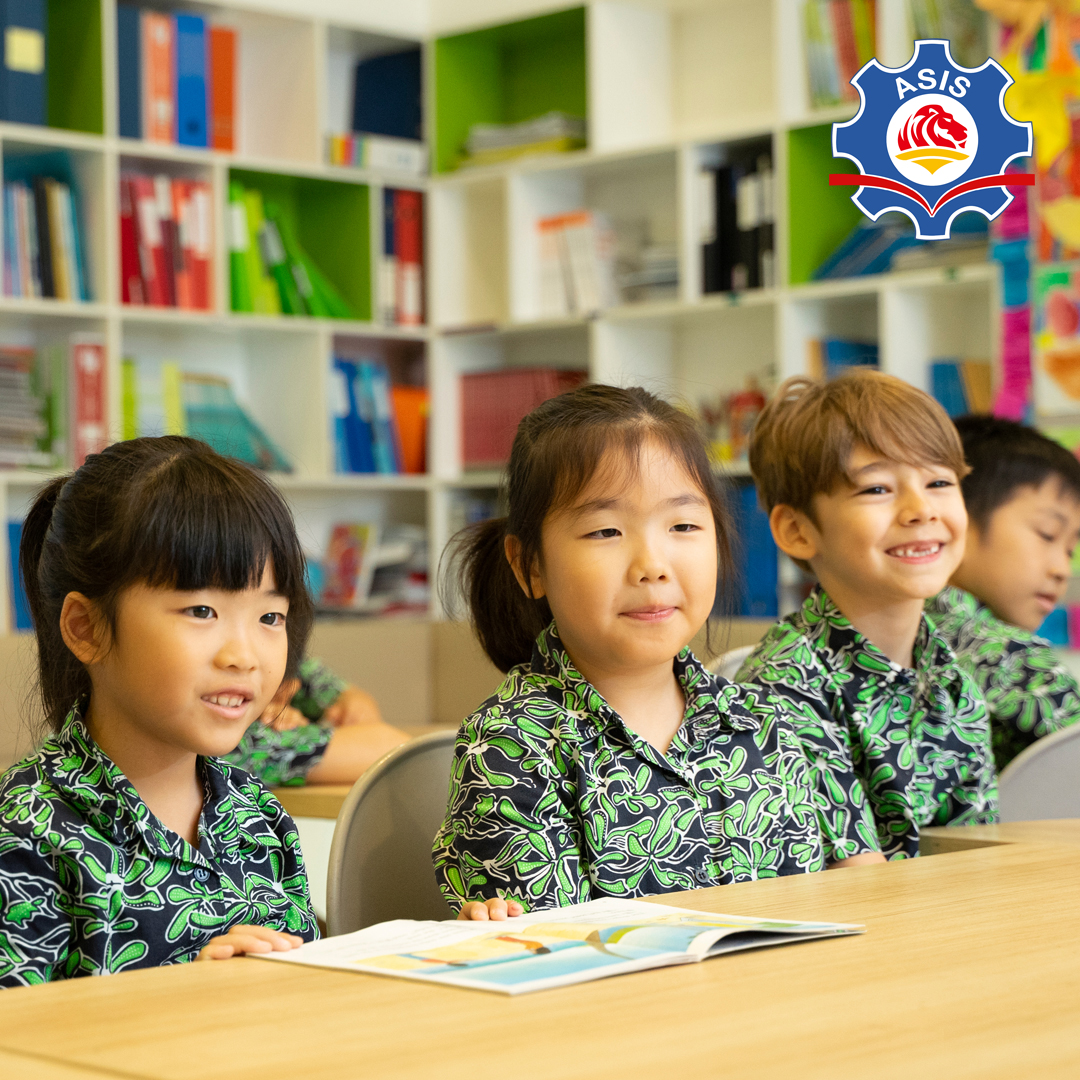
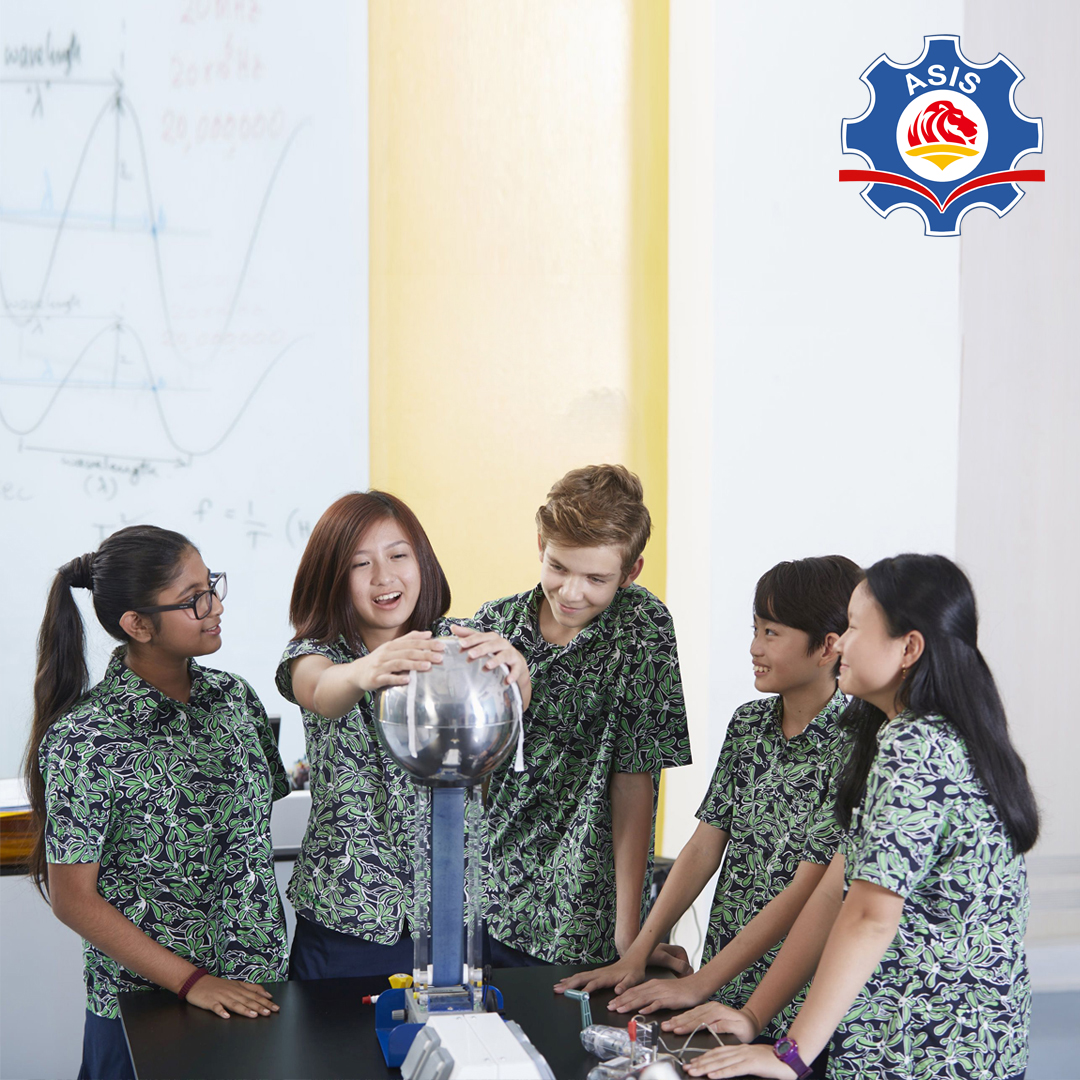
.jpg)

